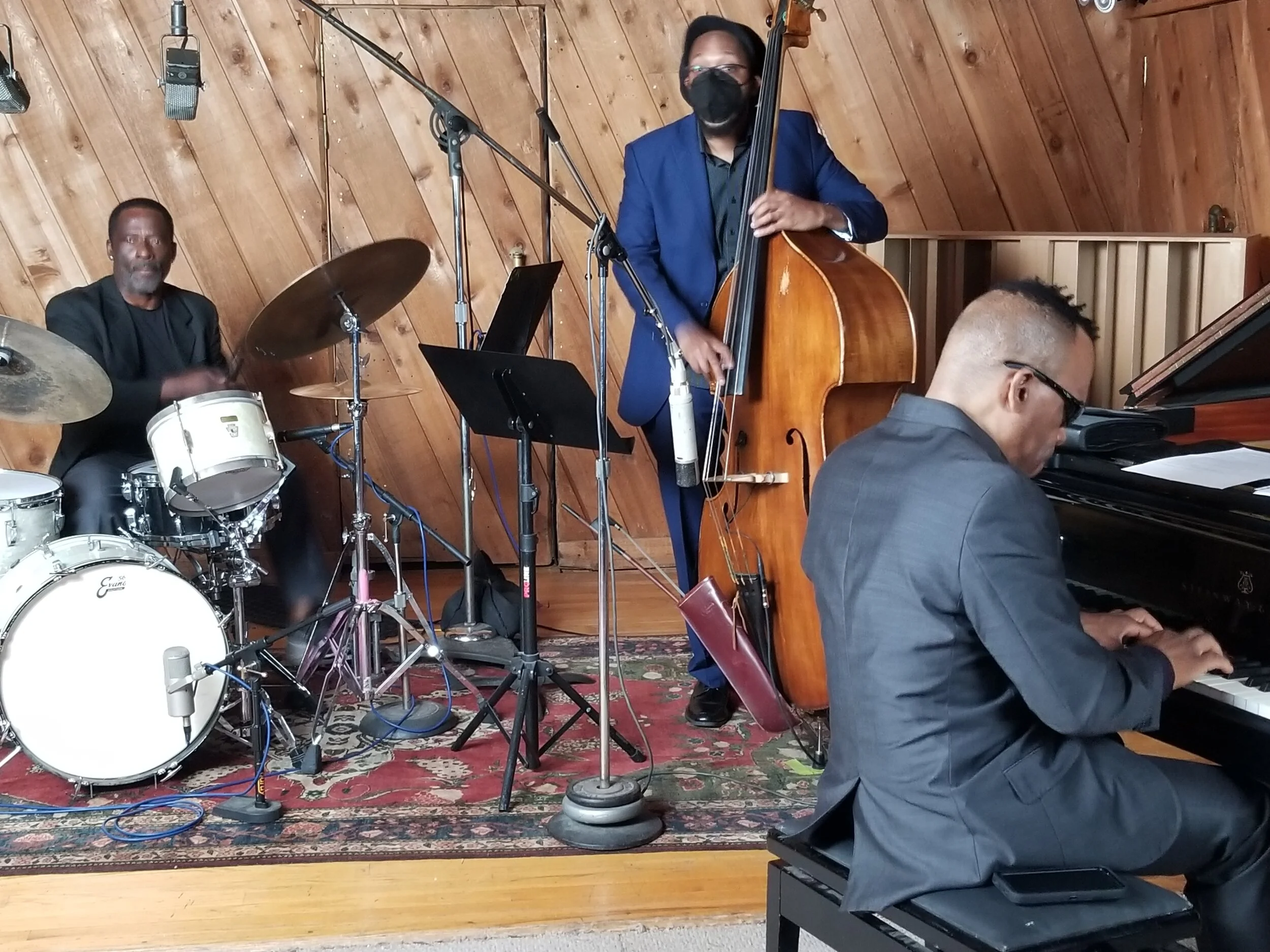Leadership’s Ripple Effect
Sometimes leadership means responding to a call that speaks to something greater than personal accomplishment, while at the same time, being an essential element of our inner growth. When that leadership call has a ripple effect, spurring others to step into their leadership role, it becomes a thing of transformative beauty. The story of Erica Ford’s creation of Life Camp and the Peacemobile is a shining example of how one individual’s calling inspired others to step into their own leadership capacity.
Over 30 years ago, Ford recognized violence as a public health crisis and wanted to provide alternatives to picking up a gun. Life Camp offers holistic tools and approaches, wellness therapies, and educational programs to prevent gun violence and nurture healthy minds, bodies, and spirits. Ford says, “Those closest to the problem are closest to the solution,” and wants to create “an industry of peace” across the country.
Can I be committed to your growth even if it has caused me harm?
Carl Fuller had first-hand experience of the violence in his neighborhood. Fuller’s son was shot and killed in 2007, right after graduating from high school. Fuller, turning his grief into community leadership drives the bright orange “vessel of hope” known as the Peacemobile. He goes wherever needed in the community, interceding when violence is imminent, helping those in grief cope, and providing a safe space for the community to come together.
Jaytaun McMillan and Jaquil Johnston were young teens when Ford launched Life Camp. Influenced by Life Camp teachings about a healthy lifestyle, McMillan and Johnston, now as young adults, have opened The Dream Café to help community members heal from the inside out with quality food choices. McMillan says that it’s important to “create solutions instead of complaining” and waiting for someone else to change their community.
Ford’s selfless leadership rippled through to a grieving dad and two young men seeking a better life. Ford, Fuller, McMillan, and Johnston are holding a “WE” space —one of common value and commitment to the security and wellbeing of those in their community. The following post, which I wrote in November 2019, speaks directly to the type of leadership that embraces and encourages a “WE” space.
Selflessness as a Leadership Goal
Nov 22, 2019
SELFLESSNESS LEADERSHIP TAKEAWAYS:
Modeling selflessness builds trust and improves rapport
Stepping outside the sphere of “you” will help you understand others better
Allowing challenges to your perspective can help discover the best answer or solution
NO EGO ON-STAGE
Jazz Leadership Project trio taping TD Bank webinar
When the members of a jazz band walk out on stage, their objective is to make the best music they can together. The mindset of a jazz band is to leave their egos off-stage and focus on what’s needed to deliver an outstanding performance. Band members support and challenge each other to bring out their best. Yes, each member has a responsibility to fulfill their function on their instrument, but personal agendas are put aside. This is the collective understanding on the path to co-creation.
Such selflessness is fundamental to the high-performance of the band and embodied in the very essence of how they connect and flow together. Vulnerability in these moments is a strength that engenders trust and freedom, which allows them to express the richness of their artistry to the audience’s delight.
The success of the group ensures the success of the individual.
The best way to find yourself is to lose yourself in the service of others.
–Mahatma Gandhi
THE SELFLESS LEADER
Why is selflessness a good quality for an effective leader? Selflessness, acting with less concern for yourself alone than for the success of the joint activity, is stepping away from the ego and giving focus to others around you. It’s natural for us to think about ourselves, constantly. To move into a selfless space, we need to be more concerned with the needs and wishes of others than with our own.
In national bestseller Stealing Fire, Steven Kotler and Jamie Wheal say that a benefit of selflessness is an ability to silence our inner critic. As such, we can step away from the repetitive stories of our identity and discover a better version of ourselves. It’s not just about the individual. It’s about the exceptional service, end-product, or experience that will be delivered to clients, customers or audience.
In “Leaders Eat Last: Why Some Teams Pull Together and Others Don’t,” Simon Sinek shares a long-standing practice of the U.S. Marines: when the unit has a meal together during field training, and in certain combat environments, the most senior leaders eat last. Leaders eating last is a physical expression of servant leadership. It is also common for Marine leaders to serve food to the entire unit.
The true price of leadership is the willingness to place the needs of others above your own. Great leaders truly care about those they are privileged to lead and understand that the true cost of the leadership privilege comes at the expense of self-interest.
– Simon Sinek
A leader practicing selflessness will:
Respect each individual’s skill and talent
Unlock the full potential of people around them, creating opportunities for them to achieve their goals.
Be a giving person, without expecting anything in return.
A true leader recognizes the importance of people to their overall success. A leader who models selflessness inspires trust and confidence because people believe that they will be supported and protected. This level of care encourages people to emulate the same behavior, leading to a reciprocity of loyalty and gratitude.




